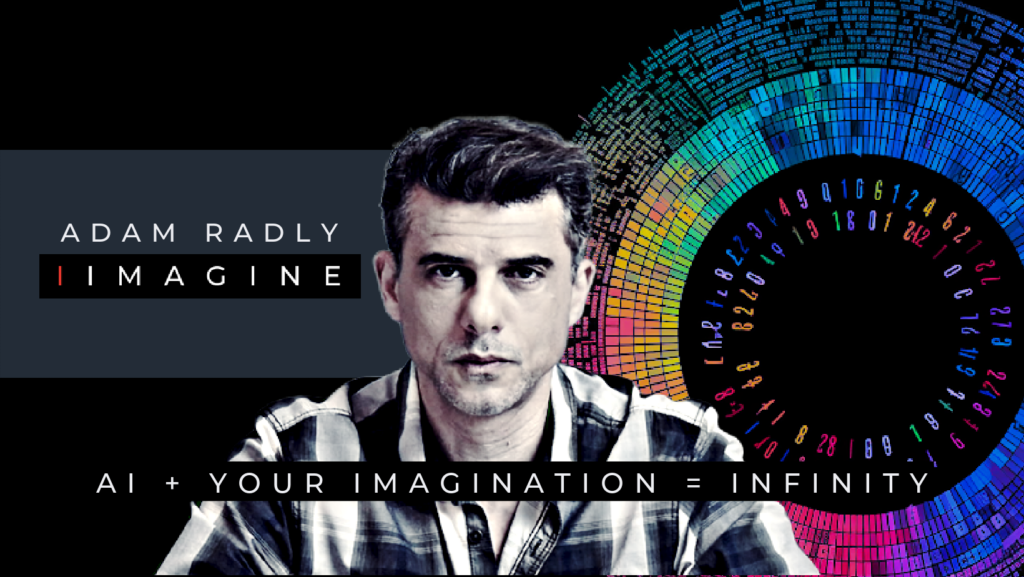If you’re seeking support for your mental health, ChatGPT can be a valuable tool to assist you. OpenAI’s ChatGPT is an AI writing tool that can provide guidance, suggestions, and insights on various topics, including mental health. By using specific prompts, you can engage with ChatGPT to address your unique situation and receive helpful responses. Here are 15 examples of questions you can ask ChatGPT to assist you in your mental health journey.
15 ChatGPT Prompts for Mental Health:
- How can I manage my anxiety when it becomes overwhelming?
- What are some effective coping strategies for dealing with depression?
- Can you suggest ways to improve my self-esteem and boost my confidence?
- How can I develop a healthier work-life balance to reduce stress?
- What are some techniques for managing anger and frustration in a healthy way?
- How can I overcome procrastination and improve my productivity?
- Can you provide tips for improving my sleep quality and combating insomnia?
- What are some effective methods for managing and reducing social anxiety?
- How can I navigate and cope with grief and loss?
- Can you suggest ways to build and maintain healthy relationships?
- What are some strategies for setting and achieving personal goals?
- How can I practice self-care and prioritize my well-being?
- Can you provide guidance on managing and reducing symptoms of burnout?
- What are some techniques for managing and reducing panic attacks?
- How can I develop a positive mindset and cultivate resilience?
Tips for Generating the Best Results:
To ensure the best results when using ChatGPT for mental health prompts, consider the following tips:
- Be specific: Provide as much context and detail as possible about your situation or concern.
- Use “I” statements: Frame your prompts from a personal perspective to receive more tailored responses.
- Experiment with different phrasings: If you’re not satisfied with the initial response, try rephrasing or providing additional information.
- Be open-minded: ChatGPT can provide suggestions and insights, but always consult with a mental health professional for personalized advice.
- Give feedback: If you find a response particularly helpful or unhelpful, let ChatGPT know to improve its future responses.
By following these tips and utilizing the provided prompts, you can engage with ChatGPT to receive valuable guidance and support for your mental health journey.
FAQ’s
Q: Can ChatGPT replace therapy or professional mental health support?
A: No, ChatGPT is not a substitute for therapy or professional mental health support. It can provide general guidance and suggestions, but for personalized advice, it’s important to consult with a qualified mental health professional.
Q: Is ChatGPT confidential?
A: While ChatGPT does not store user interactions, OpenAI may collect and use data for research and improvement purposes. It’s important to avoid sharing any personally identifiable or sensitive information during your interactions.
Q: Can ChatGPT diagnose mental health conditions?
A: No, ChatGPT cannot diagnose mental health conditions. It can provide information and suggestions based on the prompts provided, but for an accurate diagnosis, it’s crucial to consult with a qualified mental health professional.
Q: How can I access ChatGPT?
A: ChatGPT can be accessed through OpenAI’s website or integrated into various platforms and applications. Visit OpenAI’s website for more information on accessing ChatGPT.

ChatGPT Alternative (better than ChatGPT)
- Use industry / niche specific AI chatbot as your expert advisor.
- IIMAGINE has developed unique AI chatbots that have been trained on the needs of specific industries and niches. Unlike ChatGPT, which provides generic information, the niche specific AI chatbots on IIMAGINE ask questions about your unique objectives and circumstances then provide a custom solution for you. This can be the difference between success and failure. These niche specific AI chatbots are expert advisors that can manage all aspects of your day to day work.
- IIMAGINE is better than ChatGPT. ChatGPT costs $20 and IIMAGINE costs $19 but IIMAGINE provides more. IIMAGINE is powered by the same AI as ChatGPT but it also provides the niche specific AI chatbots mentioned above as well as other AI tools that ChatGPT doesn’t offer: like 600 AI templates for day to day business management and tools for text to speech and speech to text.
- It’s free to get started. No credit card required. Paid plans start at only $19pm.
